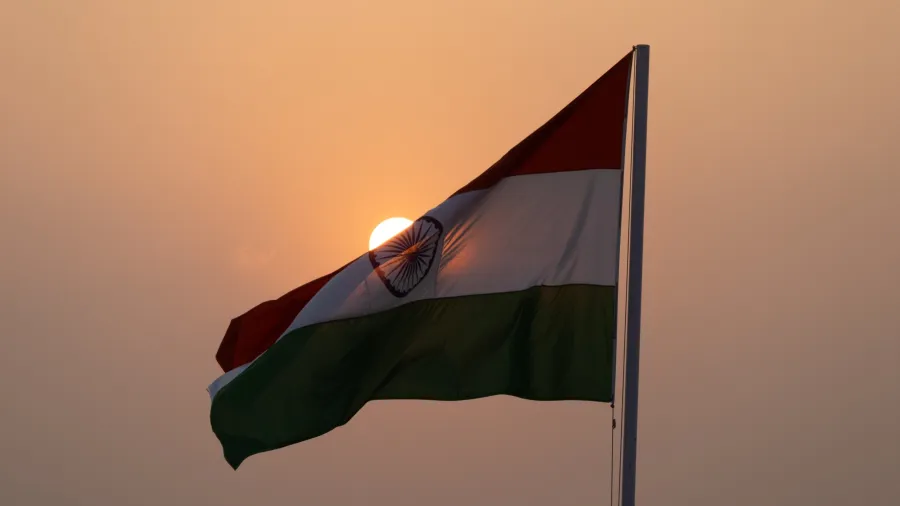
India's resilience efforts face daunting climate risks
FM Global’s index exposes India's regional vulnerabilities.
To temper climate risks, India’s government is pushing for proactive measures to bolster physical resilience against natural disasters including early warning systems, response forces, and the construction of resilient infrastructure like dams and drainage channels.
The National Afforestation Programme aims to restore forests, reduce carbon emissions, and enhance natural buffers against extreme weather. The government’s National Clean Air Programme (NCAP) allocates $1.7b to fight air pollution over the next five years, FM Global Resilience Index report unveiled.
India's resilience is a balance of ambition and risk, offering abundant investment opportunities in a global giant's economy with seemingly unlimited potential. The focus on resilience may well determine its future success.
India, the world's most populous nation and largest democracy, has 1.4 billion inhabitants and is the world's fifth-largest economy with a GDP of approximately $3.4t, surpassing the UK, France, Russia, and Canada.
It boasts the world's largest film industry, the second-largest newspaper market, and the third most billionaires. India handles roughly 67% of the world's outsourcing, and its IT industry is valued at $150b.
Celebrating 75 years of independence, India is rapidly rising, driven by a mixed economy that blends high-tech growth with traditional industries. The urban middle class drives forward, while rural agriculture remains strong.
India's business resilience is complex, given its vast size and varying physical risk factors such as climate change, seismic exposure, and fire risk. The 2024 FM Global Resilience Index divides India into three zones.
Zone 1, including the eastern coast and Tamil Nadu, ranks No. 92 due to wind and flooding. Zone 2, covering the northern part and Bay of Bengal islands, faces wind, flood, and the highest seismic risk, ranking No. 102.
Zone 3, with lower exposure to natural threats, ranks No. 77 and includes key industrial clusters like Mumbai and Bangalore.
As a founding BRICS member, India's modern economy is built on services, agriculture, and manufacturing, with IT services and software solutions contributing 40% of GDP.
The booming tech start-up scene contributes to India's No. 19 ranking for cybersecurity in the FM Global Resilience Index. Historically significant in shipping and logistics, India ranks No. 43 globally in this area, reflecting continued infrastructure improvements.
India's rankings for political stability and control of corruption are No. 99 and No. 75, respectively. Despite inherent complexities, India boasts bold economic ambitions, with annual growth of over 7% in recent years, surpassing China.
The country ranks No. 56 for inflation due to economic diversity and targeted policies and No. 66 for energy intensity, driven by renewable energy adoption and energy efficiency campaigns. India's No. 73 ranking for greenhouse gas emissions indicates positive environmental intentions.



















 Advertise
Advertise


